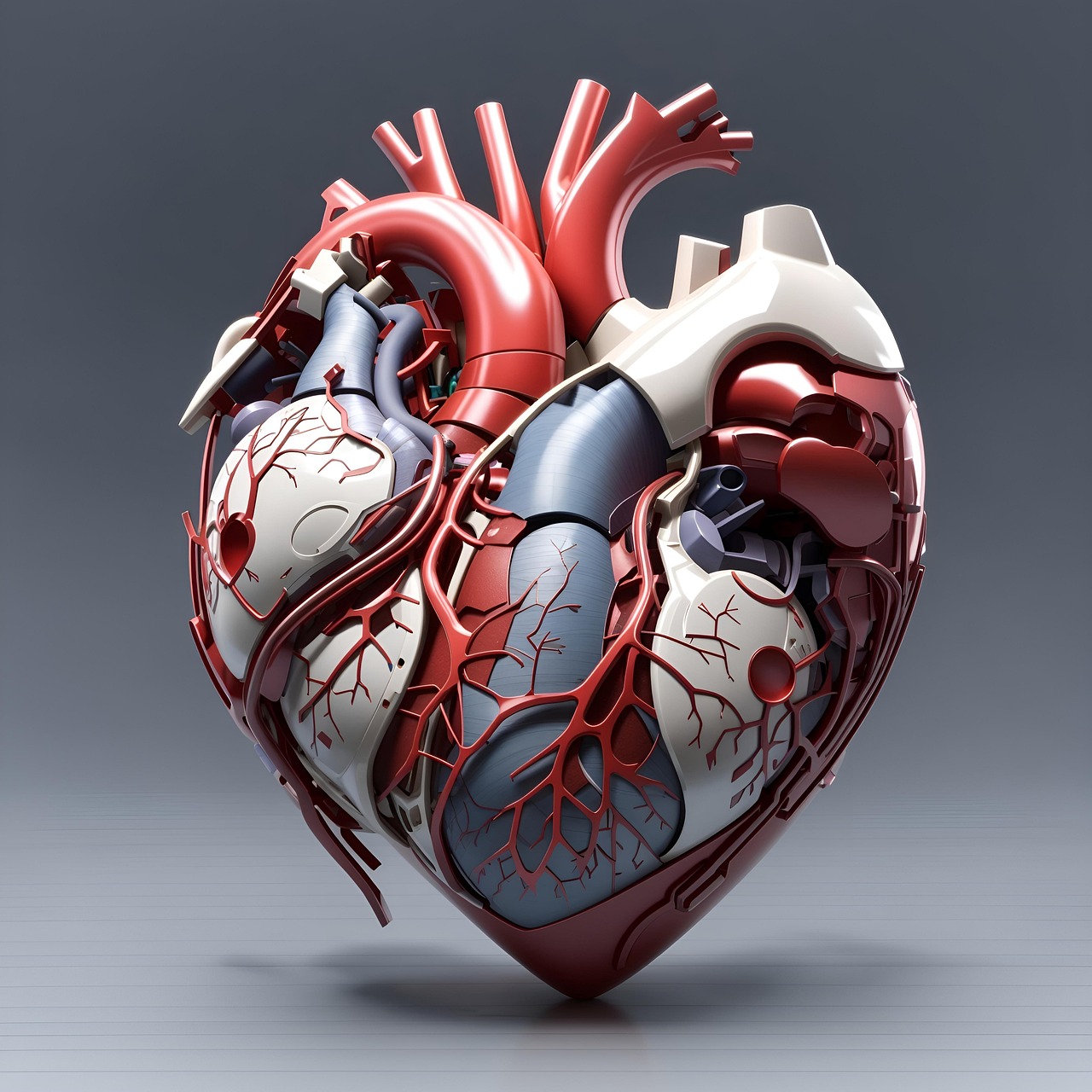Symptoms in women can be vague and easily dismissed. For a healthy long life, get checked out if you feel something’s not right!
Heart disease can be silent in that you feel pretty good until suddenly there’s a big problem. You might have high blood pressure, which doesn’t always feel like much. You might have high cholesterol or inflammation going on. In these situations, you don’t have a clue about what is happening. Unfortunately, for women, that first sign can be a heart attack.
The problem is women do not experience heart attacks in the same way men do. Men tend to have what is considered “classic” symptoms: that constricting pressure, like an elephant sitting on your chest, left arm pain, jaw pain, upper back pain, indigestion, shortness of breath, and perhaps some dizziness.
Women can also have those symptoms. But the most frequently mentioned symptoms, in a study that was done in 2003 of women who had heart attacks, were unusual fatigue, trouble sleeping and feeling anxious.
Now tell me a day that goes by that a woman might not feel one, two or all three of those things. That’s pretty darn vague!
It’s important to know that women tend to dismiss feelings like that. ‘Oh, well, I didn’t sleep very well last night, so of course I’m tired or I’m kind of anxious.’ We don’t even think twice that it might be something else.
By the time we get to the hospital, sometimes it’s too late. Too much damage has been done because you’ve been having a heart attack all along.
So, what do you do?
The most important thing for you to do is to trust yourself. Listen to your body. If you feel that something’s going on, that doesn’t feel right, get it checked out!
Don’t let a doctor or a nurse or somebody at the ER, say, oh, it’s probably nothing. You just have indigestion or whatever. Really push to get checked. This dismissing of women’s symptoms probably doesn’t happen as much these days, but it has and sometimes it still does. You know your body better than anybody else. Maybe it isn’t a heart attack, but maybe it’s something else.
Trust yourself. Your body will tell you what’s going on. Protect your heart so you can live a long, healthy life.
To a healthy heart,
Elaine L Stewart, CHC
